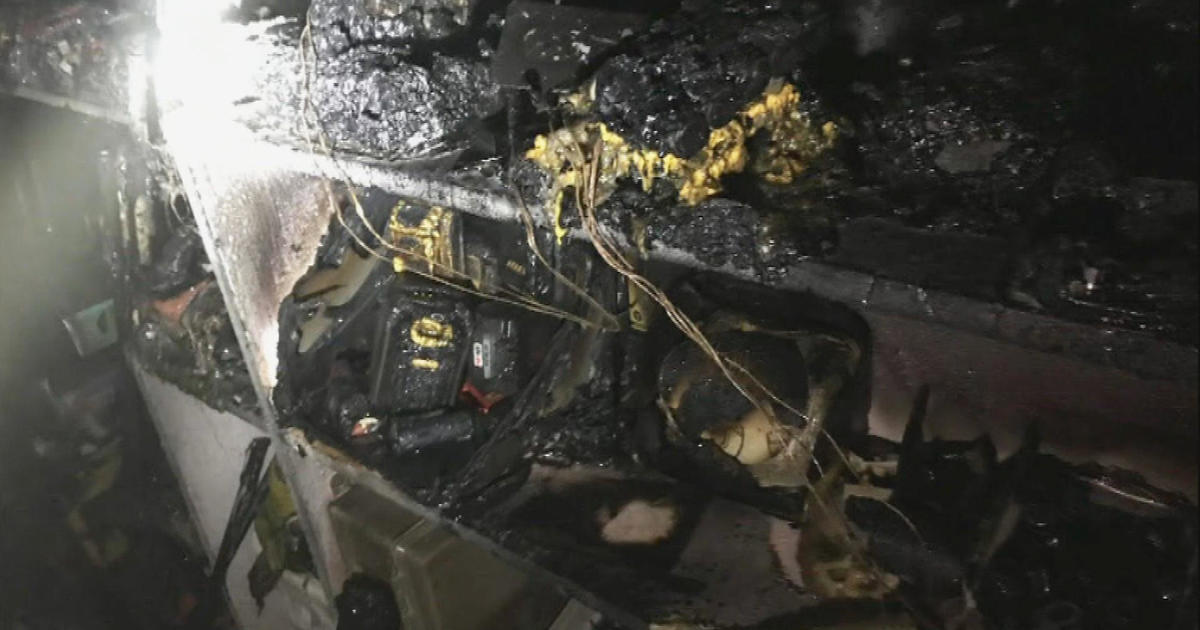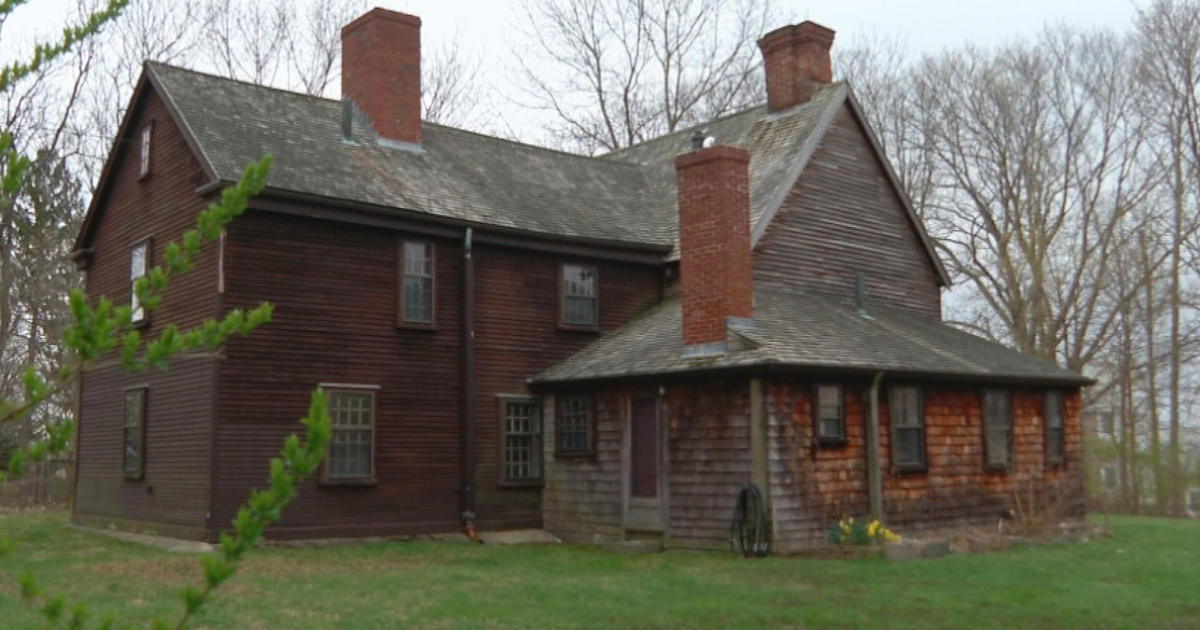Commuter Rail May Face Financial Penalties For Week's Failures
BOSTON (AP) -- Mother Nature, old equipment and a surprisingly inept website conspired this week to bog down commuter services in Greater Boston, prompting the Massachusetts transport chief to apologize and pledge to do better.
Transportation Secretary Jeffrey Mullan told The Associated Press on Friday his staff is in discussions with MBCR, which operates the Massachusetts Bay Transportation Authority's commuter rail services, about financial penalties for a string of failures that left trains running late repeatedly during a week of bitter cold and heavy snow.
MBTA General Manager Richard Davey ordered the immediate reassignment of the administrator of the authority's award-winning website after announcements about service delays were themselves delayed for hours.
At one point, things had disintegrated to the point where the T was forced to revert to Twitter posts -- and sending e-mail messages by hand -- to keep riders abreast of delays.
"We've definitely got an issue with our website," Mullan said. "We've discovered that there are portions of the website and text-messaging system that are just unstable, and that's definitely exacerbated here at a time when people want more communication."
On Thursday for example, the MBTA website had over 16,000 "unique visitors" from 6:30 a.m. to 7:30 a.m. During a typical weekday, it gets between 5,000 and 8,000 unique visitors during that period.
The authority is adding a backup network server to prevent further problems.
As for commuter rail, the secretary said: "We're had a pretty good run of on-time performance at the commuter rail -- and we've had a very difficult couple of weeks."
An MBCR spokesman was delicate in fielding questions about any penalty discussions.
"By contract, the MBTA holds MBCR accountable for a number of different reasons, and assesses penalties for any issue that is clearly within MBCR's control, including failure to provide adequate equipment and staff levels," spokesman Scott Farmelant said.
Mullan, a famously plainspoken leader, said it was "a copout" to suggest a transportation network that includes the nation's oldest subway system inevitably fell prey to severe cold and a Top 10 snowfall month.
Nonetheless, he conceded the double-whammy posed challenges. Signals froze. Trains had locked brakes. Wheels slipped on frozen steel tracks until sand was thrown down for traction.
On Monday, when the temperature fell below zero, its lowest level in Boston in six years, the Red and Orange lines had six disabled trains each between 6 a.m. and 10 a.m., while the Blue Line had three. Those lines make over 1,000 one-way trips during a typical weekday.
By Thursday, the situation had improved: the Blue and Red lines had no disabled trains during that timeframe, while the Green and Orange lines had just one apiece.
The commuter rail challenges are being addressed, in part, with a string of new equipment now on order, including new locomotives and double-deck passenger cars. But those deliveries are still years away.
"I think if I'm a customer, I have a right to be frustrated," Mullan said as he headed into the Governor's Office for a Cabinet meeting. "They should know the leadership understands the concerns and we're working to remedy them as quickly as we can."



